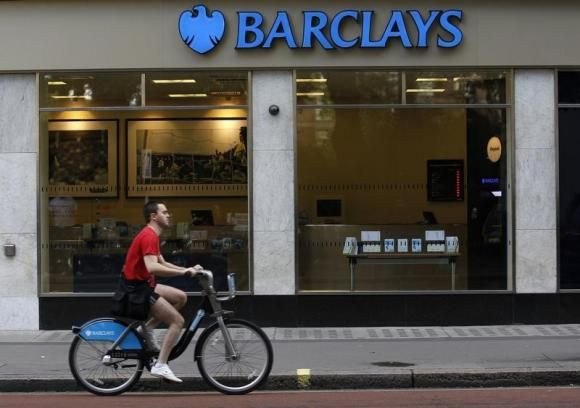Barclays Files Motion To Dismiss NY Attorney General Charges Of 'Dark Pool' Fraud

This is a breaking story - check back for updates
In a dramatic move, Barclays PLC (LON:BARC) filed a motion in court Thursday morning to dismiss charges filed against the bank by the New York attorney general last month for “dark pool” fraud. The motion was filed in New York State Supreme Court and NY Attorney General Eric Schneiderman has until Sept. 12, 2014 to respond.
In the motion, Barclays said the lawsuit should be dismissed because "many allegations were taken out of context and Schneiderman misconstrued parts of its marketing material" for its dark pool trading platform.
It added that Schneiderman "does not have the authority to accuse the bank of fraud and deceit under New York's Martin Act," a 1921 piece of legislation that aims to protect investors when the purchase, sale or exchange of a security is misrepresented.
Though Barclays vowed in a statement to work closely with regulators and to cooperate with the attorney general, it emphasized: "However, we do not believe that this suit is justified, and we have a duty to our shareholders, clients and staff to defend our position."
The move came as somewhat of a surprise to prosecutors. Earlier in the week, Barclay's lawyers met with some of Schneiderman's assistants and though they never raised the issue of settling the charges, they also gave no indication that the bank would move to dismiss the complaint.
In a statement, Schneiderman's communications director said that the complaint "clearly details the allegations that Barclays engaged in a persistent pattern of fraud and deceit, lying to its investors in order to grow its own dark pool." It continued: "We are confident that a judge will reject this motion and allow us to prove these disturbing allegations in Court.”
The venerable British bank has been in the crosshairs of prosecutors and regulators for several months. The lawsuit was filed in late June by Schneiderman, who alleged that the bank misled investors who sought to trade in its dark pool, a private trading platform often preferred over public stock exchanges such as the New York Stock Exchange and Nasdaq. In the complaint, the attorney general accuses the bank of giving unfair advantages to high-frequency traders, who engage in the controversial practice of making multiple trades in milliseconds, allowing them to get a sneak peek at other traders’ investing strategies to their own benefit.
Barclays' LX, until recently one of the biggest dark pools by trading volume on Wall Street, is also being probed by the Securities and Exchange Commission and the Financial Industry Regulatory Authority. In early June, the SEC sent a questionnaire to brokers at Barclays and several other banks asking about their relationships with high-frequency trading firms. Other banks with dark pools, such as Credit Suisse and Goldman Sachs, are also being probed by Schneiderman, as first reported by the International Business Times in April.
The flurry of investigations was prompted by the release in late March of bestselling author Michael Lewis’ expose, “Flash Boys,” a critical look at the activities of high-frequency traders and how they have upended Wall Street with their trading strategies based on computer algorithms.
© Copyright IBTimes 2024. All rights reserved.
Join the Discussion





















